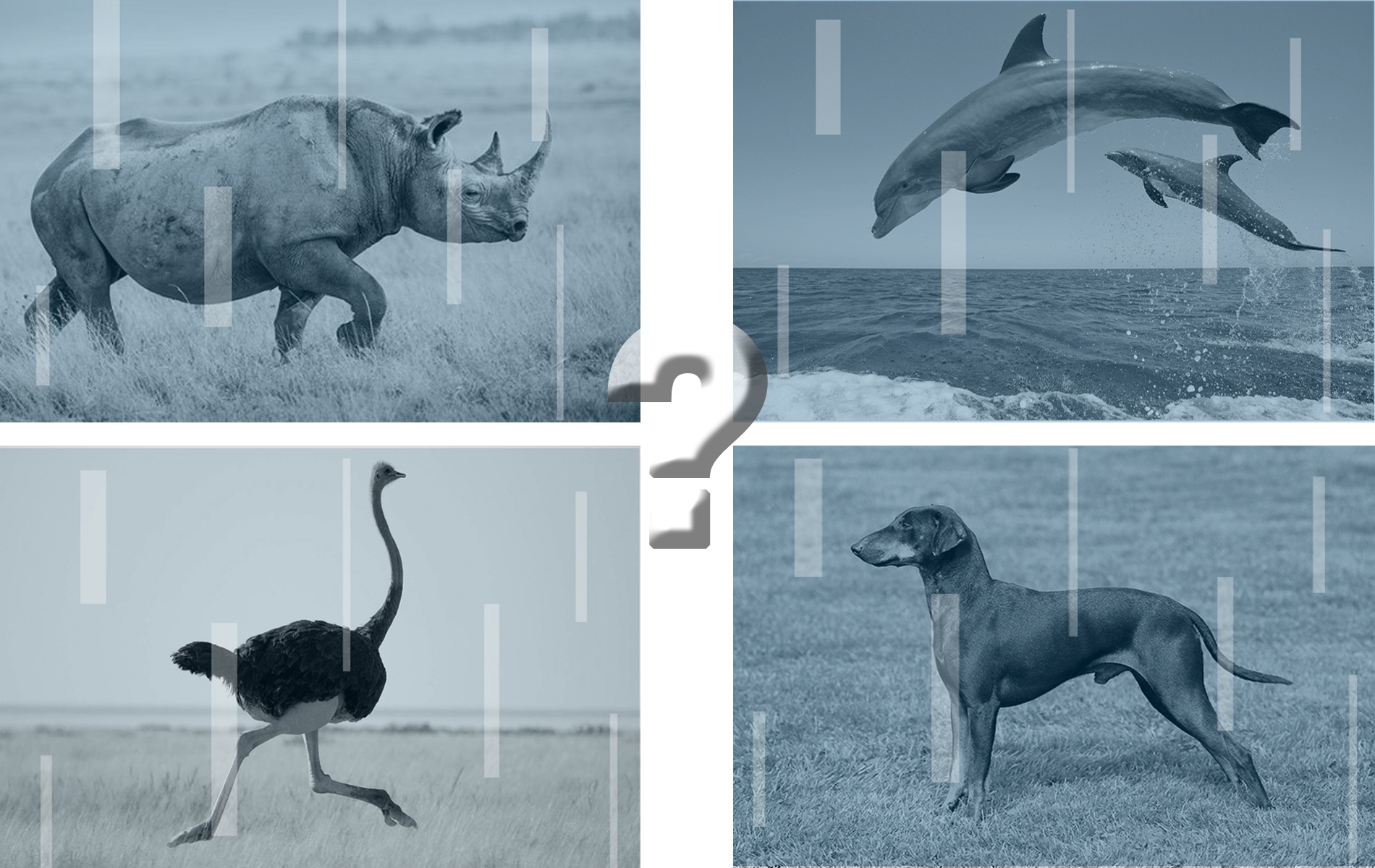What kind of problem solver are you?
Why are we doing this?
Quizzes are great tools for sharing on social media. How often have you seen a friend on Facebook sharing the result of a quiz that tells them ‘which *insert TV show/film* character they are’? How likely are you to click on it to take the quiz yourself, especially if you’re bored and scrolling through social media?
We can reach a wider variety of people through social sharing of the quiz whilst also helping people begin to think about problem-solving – encouraging them to sign up for the badge. For our badge to be successful we need to get as many young people earning it as possible. This will help when it comes to getting employers to start seeing badges as an accreditation that they want young people to have. By presenting an extract from the course content in a fun and engaging way, it encourages the user to both sign up and complete the training.
Why are you talking about animals?
As part of our training, we ask young people to reflect upon how they currently approach problems, and how changing their mindset may improve how they solve these. To help stimulate thoughts around this we use animal models.
In our quiz, we talk about rhinos (reacts quickly and focuses on one issue), terriers (persistent, likely to nag others), ostriches (buries head in the sand, avoids the problem) and dolphins (more calm and measured in responding). It’s important to think about the different positives and negatives of these characters. Our training offers ideas around how to harness the good bits whilst avoiding the negatives of the personas. Why not see for yourself which animal you are…answer honestly, no cheating!
Why these animals?
These are actually from psychological research around how people respond when trying to help people recover from mental health conditions, however we saw potential in applying these to problem-solving. We are grateful to Professor Janet Treasure OBE (King’s College London) for granting us permission to use her work in this way.
What can you do?
Why not take our quiz and share it across your channels! There is also the opportunity to embed this to your website, we would love to get this out as far and wide as possible. Young people can also sign up to our free e-learning here. If you are interested in talking to us further about this project please get in touch at [email protected].
By
Published on 31-May-2016
No featured article











